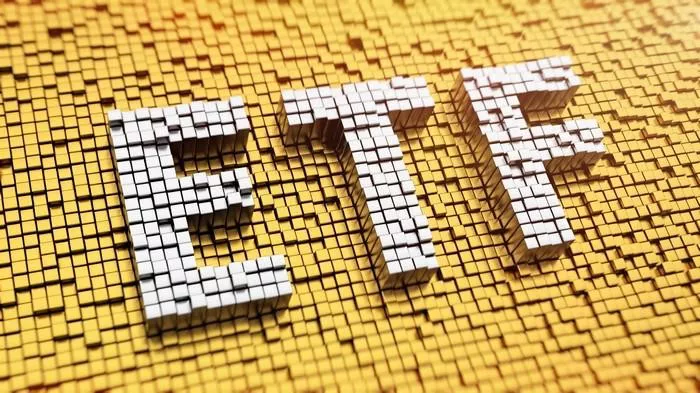In recent years, exchange-traded funds (ETFs) have become increasingly popular among investors seeking exposure to gold. These financial instruments offer a convenient and cost-effective way to invest in the precious metal without the complexities associated with physical ownership. However, with the proliferation of gold ETFs in the market, choosing the right one can be daunting. In this guide, we’ll delve into the landscape of gold ETFs, exploring their types, advantages, and factors to consider when selecting one for your investment portfolio.
Understanding Gold ETFs
Gold ETFs are investment funds that track the price of gold and trade on stock exchanges like individual stocks. They provide investors with exposure to the performance of gold without the need to own physical bullion. Gold ETFs can be structured in various ways, including holding physical gold bars or investing in gold futures contracts.
Types of Gold ETFs
1. Physically-backed Gold ETFs: These ETFs hold physical gold bullion in secure vaults, with each share typically representing ownership of a specific quantity of gold. Examples include SPDR Gold Shares (GLD) and iShares Gold Trust (IAU).
2. Futures-based Gold ETFs: Instead of holding physical gold, these ETFs invest in gold futures contracts. They derive their value from the performance of these contracts rather than the actual metal. Examples include PowerShares DB Gold Fund (DGL) and ProShares Ultra Gold (UGL).
3. Mining Stocks ETFs: These ETFs invest in companies involved in gold mining and exploration. While they provide exposure to the gold industry, their performance may be influenced by factors other than the price of gold itself. Examples include VanEck Vectors Gold Miners ETF (GDX) and iShares MSCI Global Gold Miners ETF (RING).
Advantages of Gold ETFs
1. Liquidity: Gold ETFs trade on major stock exchanges, offering high liquidity compared to physical gold investments.
2. Diversification: Investing in gold ETFs allows for diversification within a portfolio, reducing overall risk.
3. Cost-effectiveness: Gold ETFs typically have lower expenses compared to actively managed funds, making them a cost-effective investment option.
4. Transparency: Most gold ETFs provide real-time pricing information, allowing investors to make informed decisions.
Factors to Consider When Choosing a Gold ETF
1. Expense Ratio: Compare the expense ratios of different gold ETFs, as lower expenses can have a significant impact on long-term returns.
2. Tracking Method: Understand how the ETF tracks the price of gold, whether through physical holdings or futures contracts, and assess the associated risks.
3. Liquidity: Consider the trading volume and bid-ask spread of the ETF to ensure liquidity, especially for large investments.
4. Storage Costs: For physically-backed gold ETFs, consider any associated storage costs, as these can affect overall returns.
5. Performance History: Review the historical performance of the ETF, including its tracking error and volatility, to gauge its suitability for your investment goals.
Conclusion
Gold ETFs offer investors a convenient and cost-effective way to gain exposure to the precious metal. With various types of ETFs available, investors should carefully consider their investment objectives, risk tolerance, and other factors before choosing a gold ETF. By conducting thorough research and due diligence, investors can make informed decisions to incorporate gold ETFs into their investment portfolios.
FAQs
Q1. How many gold ETFs are there?
A1: As of the latest data, there are dozens of gold ETFs available in the market, offering investors a wide range of options to choose from. These ETFs vary in terms of their structure, tracking method, expenses, and other factors. Investors should conduct thorough research to identify the gold ETF that best aligns with their investment objectives and preferences.
Q2. What are the tax implications of investing in gold ETFs?
A2: The tax treatment of gold ETFs depends on various factors, including the investor’s jurisdiction and the specific structure of the ETF. In general, gains from investing in gold ETFs may be subject to capital gains tax. Investors should consult with a tax advisor to understand the tax implications of their investments and to ensure compliance with applicable tax laws.
Q3. How does geopolitical instability affect the price of gold ETFs?
A3: Gold is often considered a safe-haven asset, and its price tends to rise during times of geopolitical uncertainty or economic instability. As such, geopolitical events can have a significant impact on the performance of gold ETFs. Investors may allocate a portion of their portfolio to gold ETFs as a hedge against geopolitical risks, but should also consider the broader market context and their own investment objectives.


